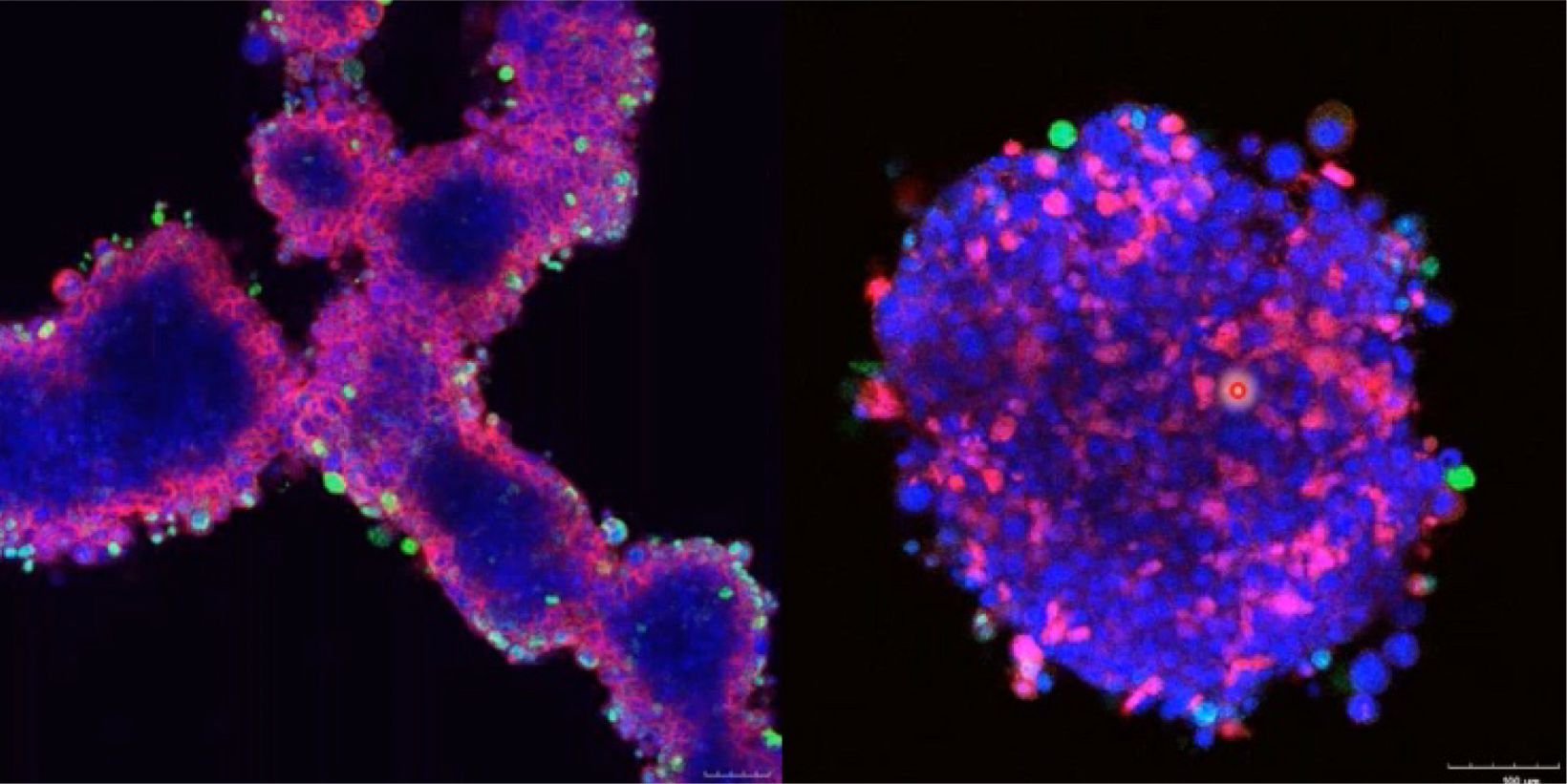Patient-derived tumor organoids (PDOs) represent a promising preclinical cancer model that better replicates disease, compared with traditional cell culture models. We have established a novel series of patient-derived tumor organoids (PDOs) from various types of tumor tissues from the Fukushima Translational Research Project, which are designated as Fukushima (F)-PDOs. F-PDOs could be cultured for >6 months and formed cell clusters with similar morphologies to their source tumors. Comparative histological and comprehensive gene-expression analyses also demonstrated that the characteristics of PDOs were similar to those of their source tumors, even following long-term expansion in culture. In addition, suitable high-throughput assay systems were constructed for each F-PDO in 96- and 384-well plate formats.
This presentation represents the characteristics of F-PDOs and an in vitro evaluation of different classes of anticancer drugs, including chemotherapeutic, molecular targeted, antibody and immunotherapeutic drugs, using F-PDOs. We firstly evaluated chemotherapeutic drugs such as paclitaxel and carboplatinand, and molecular targeted drugs such as epidermal growth factor receptor (EGFR) inhibitors using a suitable high-throughput assay system. In addition, an evaluation system for the antibody-dependent cellular cytotoxic activity of anti-EGFR antibody and the cytotoxic activity of activated lymphocytes, such as cytotoxic T lymphocytes and natural killer cells, was constructed. Moreover, an evaluation system was developed for the immune checkpoint inhibitors, nivolumab and pembrolizumab, using F-PDOs. Our results demonstrate that the in vitro assay systems using F-PDOs were suitable for evaluating different classes of anticancer drugs under conditions that better reflect pathological conditions. In addition, our results indicated that F-PDOs have structural characteristics enabling the construction of an evaluation system for anticancer drugs, based on structural changes of F-PDO found with a 3D cell-analysis system, demonstrating that 3D cell analysis is a powerful tool for analyzing the characteristics of PDOs.

